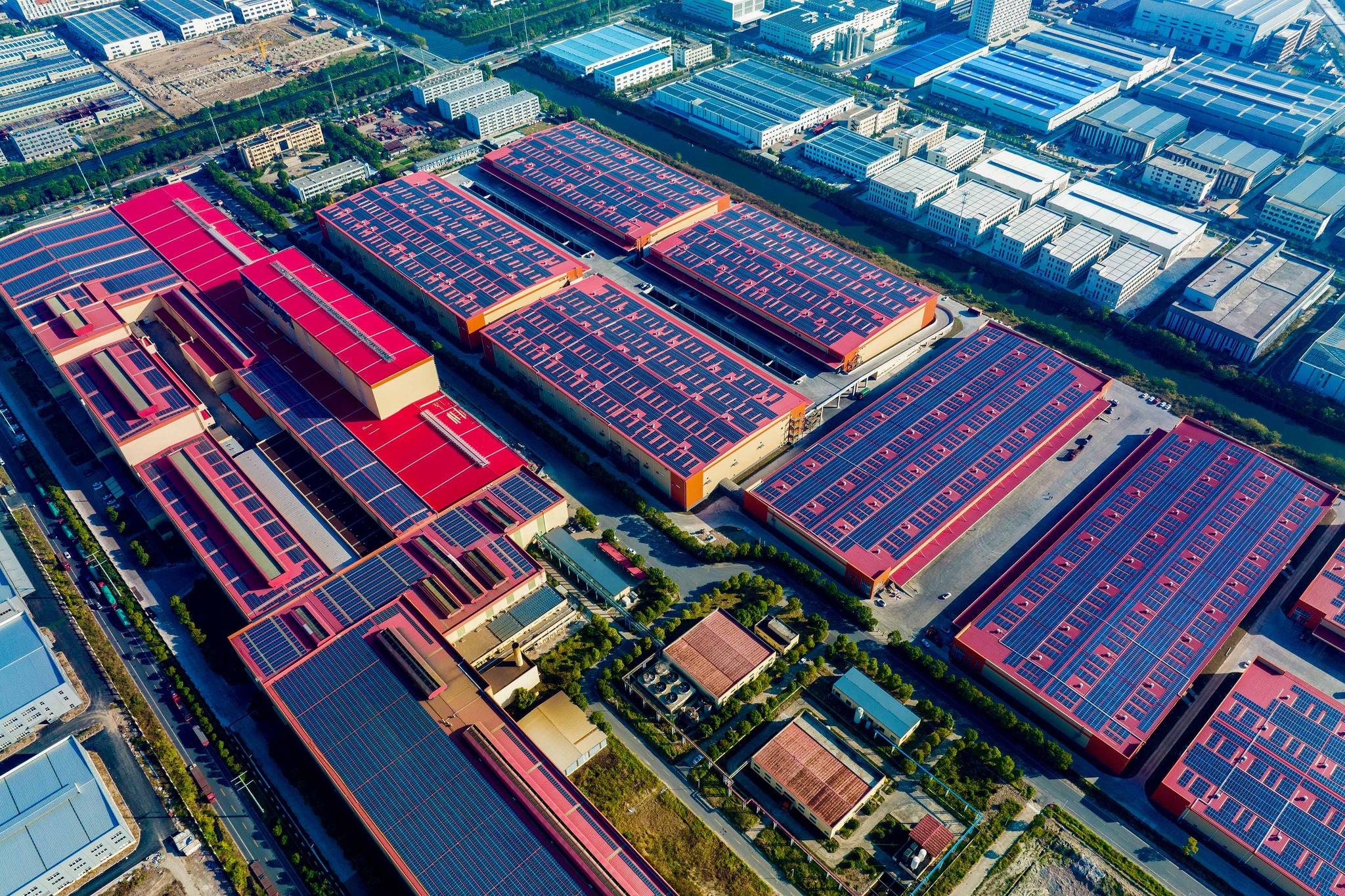EY refers to the global organization, and may refer to one or more, of the member firms of Ernst & Young Global Limited, each of which is a separate legal entity. Ernst & Young Global Limited, a UK company limited by guarantee, does not provide services to clients.
How EY can help
-
Discover how EY's supply chain team can help your business redefine its end-to-end supply chain and operations to support your enterprise objectives.
Read more
3. Companies should play the long game but start their supply chain sustainability initiatives now
While supply chain sustainability goals will look different for each company, EY teams offer five actions to get started.
- Determine how sustainable supply chains fit into your organizational-wide commitments and goals to help prioritize your efforts. EY teams recommend first looking at organization materiality, supplier risk assessments and organizational commitment, for example science-based target (SBT) activation, supplier diversity, human rights, etc., and then determining which goals the supply chain activates.
- Improve the visibility and traceability of your supply chain.
Deploy technological capabilities to help improve Tier-n visibility and supplier engagement. Communicate often with stakeholders through broader data sharing and collaboration tools. - Expand your ROI measurement to include intangible impacts and sustainability outcomes.
Think about business-case drivers beyond cost savings, including revenue, market share, reduced risk and improved customer and employee loyalty. - Move beyond a sourcing and procurement focus to capture benefits across the end-to-end supply chain. Enterprises should take an end-to-end approach, including planning, sourcing, manufacturing, and logistics and distribution. Cross-functional collaboration with other functions such as finance, risk and more can broaden opportunities for business benefits.
- Leverage available tax incentives and grants.
Review your sustainability initiatives for cost benefits and tax impact. Only 11% of companies are looking to tax incentives, grants and rebates to fund their programs.




